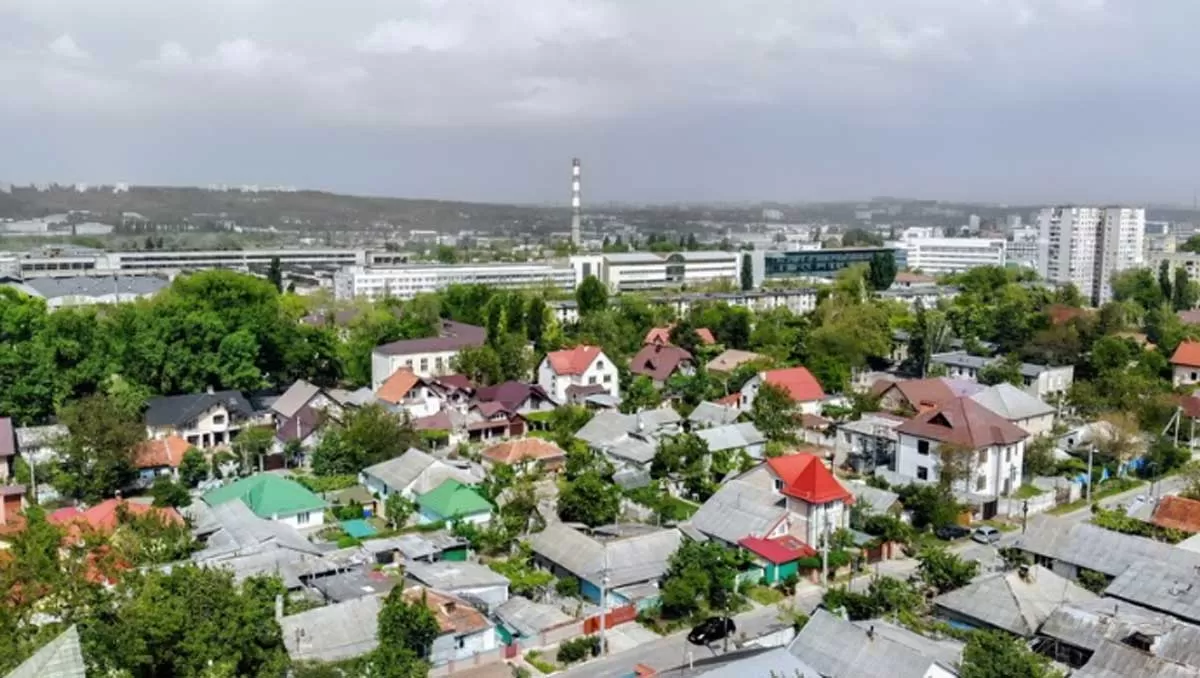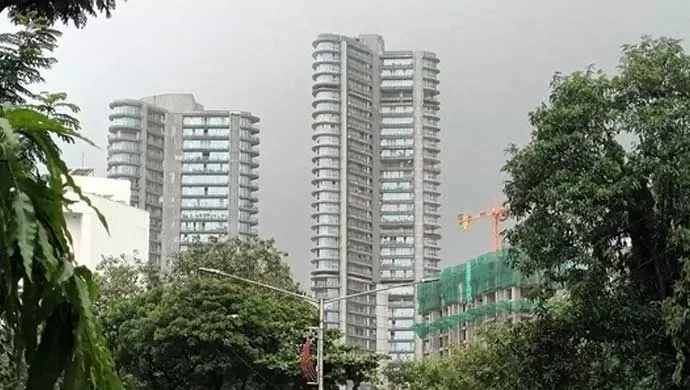
India and Japan sign $42 bn investment agreements for next five years
Redefine the future of urban mobility! Join us at the Metro Rail Conference 2025 to explore groundbreaking ideas and insights. 👉 Register today!

Ecom Express Appoints Kammal Daas as VP of Operations, Last Mile
Ecom Express Limited has reportedly appointed Kammal Daas as Vice President of Operations, Last Mile. Kammal will play an important role in strengthening the company’s operational capabilities and driving efficiency across its last-mile delivery process.Kammal brings over 18 years of rich experience in operations, logistics, and supply chain management. Most recently, he served as Vice President of Operations at Licious, where he led mid-mile delivery operations and managed procurement logistics. His career highlights also include leadership positions at Flipkart and Walmart India, where he ..

MHADA Eases Financial Burden: Maintenance Fees Post-Possession Only
In a landmark policy reform, the Maharashtra Housing and Area Development Authority (MHADA) has announced that maintenance charges and property taxes for scattered housing units and plots will now only be applicable from the date of possession. This move, led by IAS officer Sanjeev Jaiswal, Vice President and CEO of MHADA, is a significant relief for beneficiaries of its housing schemes.Previously, beneficiaries were required to pay these charges from the date of allotment, even if possession was delayed. This often placed an unfair financial burden on individuals while properties remained und..

MHADA Amnesty Scheme Eases Occupancy Certificate Delays
The Maharashtra Housing and Area Development Authority (MHADA) has launched a special Amnesty Scheme to assist housing societies in Mumbai and its suburbs in obtaining long-pending Occupancy Certificates (OCs) for redeveloped buildings. Valid until 10 April 2025, the scheme is set to benefit approximately 80 housing societies.The delays in issuing OCs were primarily due to the inability of societies to pay the premium differential amount for redevelopment. To resolve this, MHADA has waived the interest on these premiums, requiring societies to pay only the principal amount. Additionally, socie..















